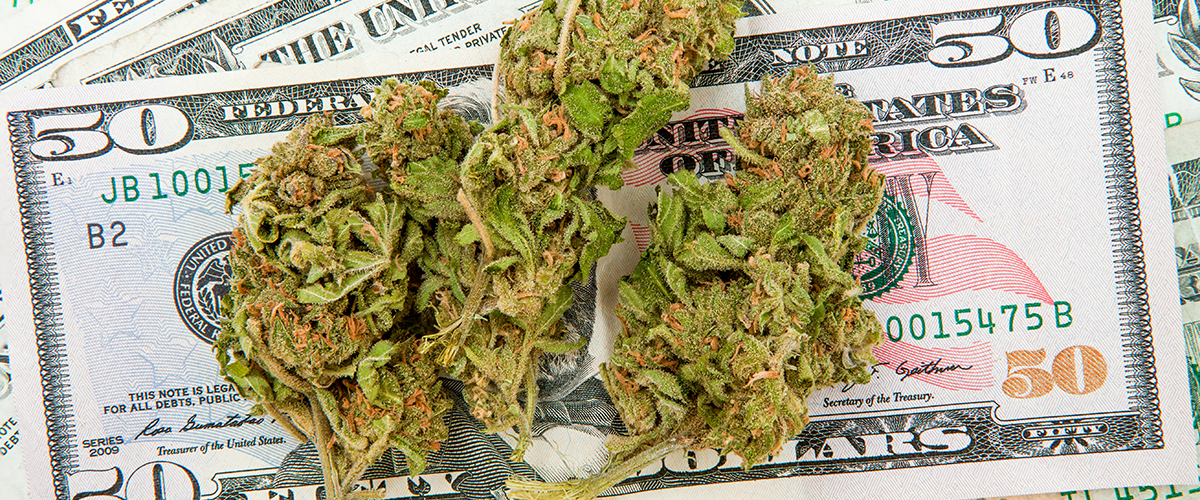New Jersey edges closer to legalized recreational marijuana by including projected revenue in next year’s budget.
New Jersey governor Phil Murphy included estimated tax revenue for legalized marijuana in his upcoming budget, demonstrating commitment to his campaign promise to add New Jersey to the the nine other states with adult-use cannabis markets. While legalization faces significant opposition in the New Jersey legislature, the move represents a small step forward on the path to overturning the staunchly anti-drug policies enacted by former governor Chris Christie.
The administration estimated $60 million in tax revenue if New Jersey legalizes by the end of 2018, far below the $300 million Murphy which was cited in last year’s campaign and supported by liberal policy groups. Brandon McKoy of Policy Perspective told The Cannabist that the conservative estimate nonetheless represents the governor “planting a flag” for legalization.
Bill Caruso, member of the steering committee for New Jersey United for Marijuana, also describes the budget estimate as proof that legalization in the state is slowly “marching toward inevitability.”
The administration arrived at the $60 million estimate after analyzing revenue in four adult-use cannabis markets–Colorado, Nevada, Oregon, and Washington–and comparing their state populations with New Jersey’s. Treasury spokesperson Jennifer Sciortino said the administration examined the first-year revenues in these states and made a conservative projection, while “keeping in mind that there are differences in the various tax mechanisms and the size and nature of these markets.”
But some New Jersey legislators remain opposed to legalization, and see the budget proposal as a sign that the administration does not yet have the support it needs to pass a recreational marijuana bill. According to Republican Assemblyman Brian Rumpf, “A number of legislators remain opposed, which would turn that $60 million into a zero.”
New Jersey Could Be Tenth State to Legalize
Murphy made legalization a major tenet of his campaign for governor, stating that the move would increase tax revenue and advance social justice. A study by the ACLU determined that while blacks make up 14% of New Jersey’s population, they accounted for 36% of marijuana arrests in 2013. In his inaugural speech in January, Murphy stated that legalization would lead to a “stronger and fairer New Jersey.” The state also spends an estimated $143 million a year enforcing marijuana laws.
In January, Murphy signed an executive order to streamline the process of enrolling in the state’s medical marijuana program. Only 15,000 residents participate have signed up, while states with similar populations have hundreds of thousands of participants.
Twenty-nine states have established medical marijuana programs, with California leading the way in 1996. Alaska, California, Oregon, Colorado, Maine, Massachusetts, Nevada, Vermont and Washington, as well as Washington D.C. have passed recreational marijuana legislation. The 2014 Farm Bill also allows for the cultivation of industrial hemp for research purposes, and 30 states have opted into this program.
Find More Cannabis News
Stay informed of New Jersey’s move to legalize by visiting our news page and learn more about state laws at our education page.






